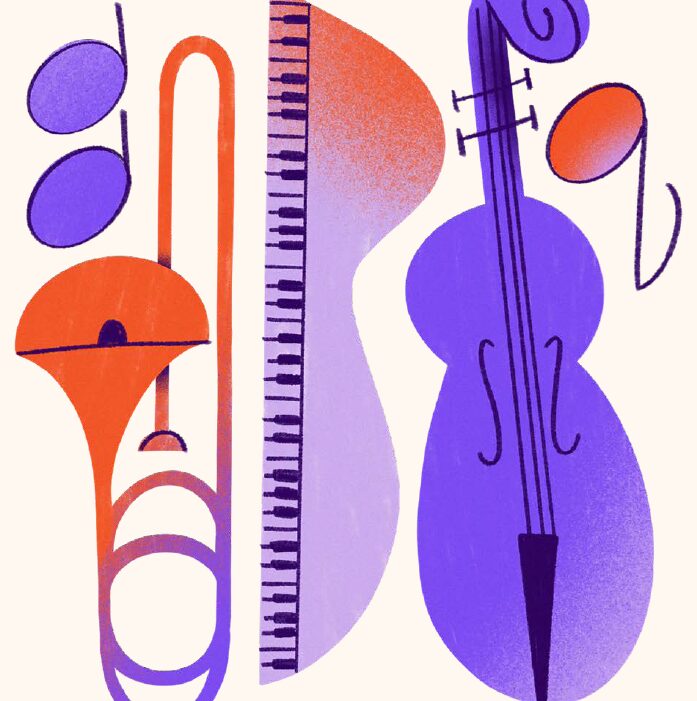Roderick Cox: A Conductor at the Vanguard

A TEENAGE DREAM: TO CONDUCT AN ORCHESTRA
Roderick Cox says he was fortunate to receive a well-rounded musical education at school, learning to play the French horn and percussion. After graduating from high school, he set his sights on becoming a teacher, while dreaming of conducting Tchaikovsky’s Fourth Symphony. He soon realized that if he didn’t pursue his dream, he would regret it indefinitely.
“Music found me where I was and brought me to where I am today” — Roderick Cox
TREADING NEW GROUND
For this conductor who grew up hearing his mother regularly sing Gospel melodies in the church choir, it became a vital necessity to restore the music of black American composers to its rightful place. This commitment to a repertoire long neglected by the music industry earned him the reputation and distinction of a “trailblazing conductor” (Minnesota Star Tribune).
A significant example of Cox’s dedication to African American music is the project Song of America: A Celebration of Black Music, conceived at Hamburg’s Elbphilarmonie. The event featured Cox leading William Levi Dawson’s Negro Folk Symphony, which he recorded with the Seattle Symphony Orchestra and which audiences will hear in Cox’s concerts at the Maison symphonique.
Roderick Cox attributes the neglect of African American composers at least in part to their lack of representation in conservatories and university music education. The training these institutions provide is largely centred on Western European art music and conditions musical taste. Cox believes that a reform of the teaching system is due, and that works by Florence Price and William Grant Still, for example, should be incorporated in their academic curricula, for this would help to encourage future conductors to broaden their repertoire.
MUSIC: AN ART WITH A SOCIAL DIMENSION
In addition to its status as an art form, music possesses an essential social dimension, in Cox’s view. He acknowledges music’s power to “invoke social thought, shed light on injustices, promote freedom, and connect human spirits.” Making music universally accessible is, therefore, one of this young conductor’s priorities, and in 2019 led him to establish the Roderick Cox Music Initiative, a scholarship project designed to offer young African Americans from disadvantaged backgrounds access to instruments, music lessons, and summer music camps.
“Through inclusivity and sharing we can make the concert hall a sanctuary and safe haven for all who enter.”
—Roderick Cox


